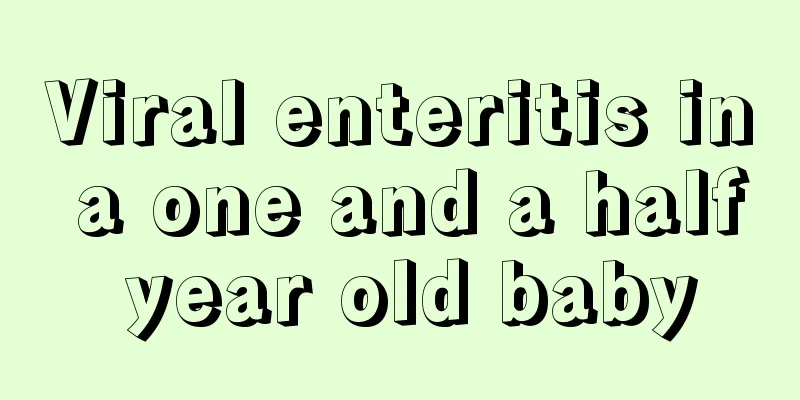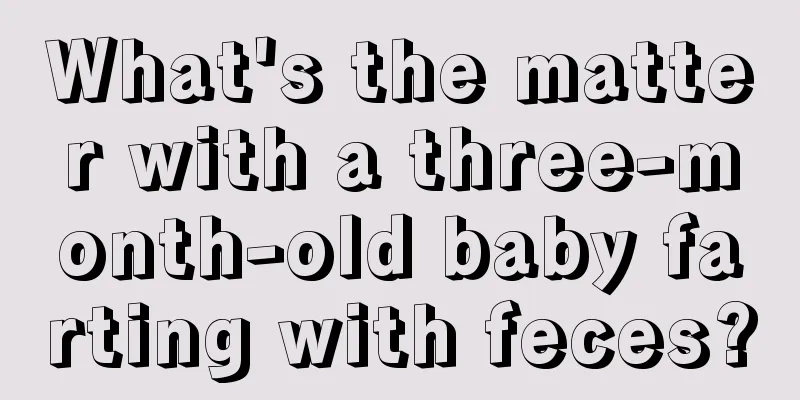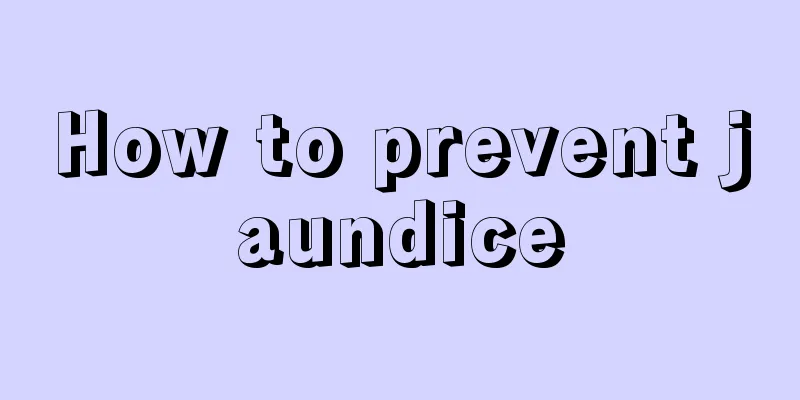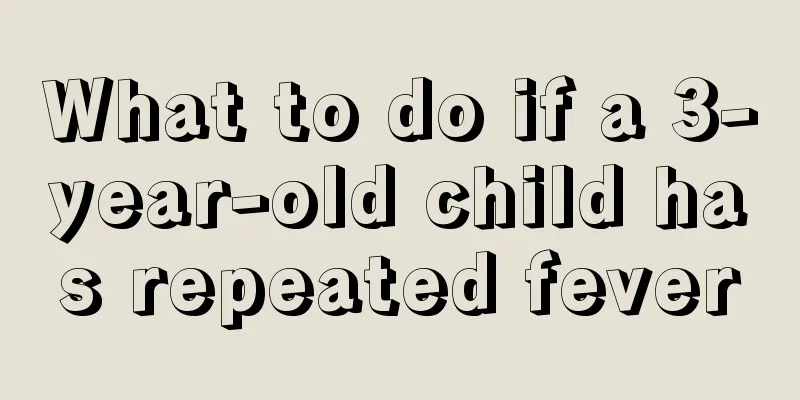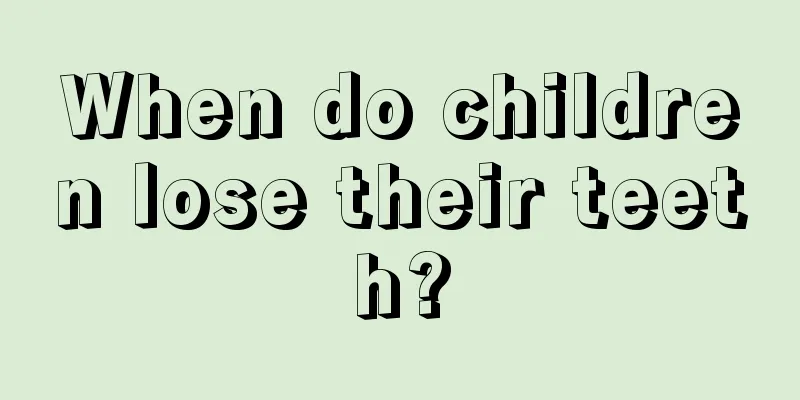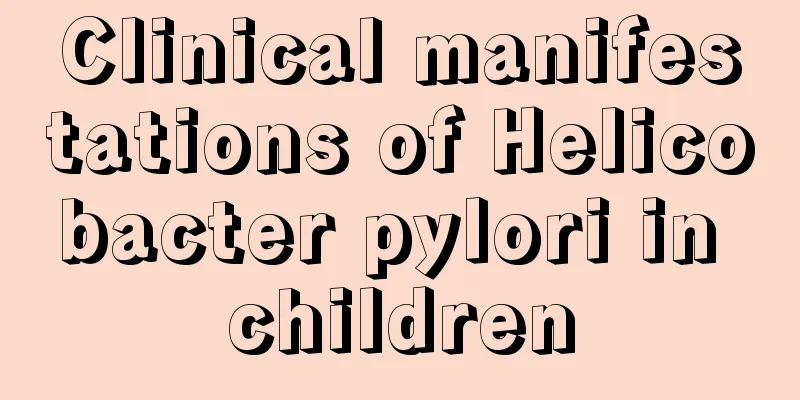Is it normal for a five year old to lose teeth?
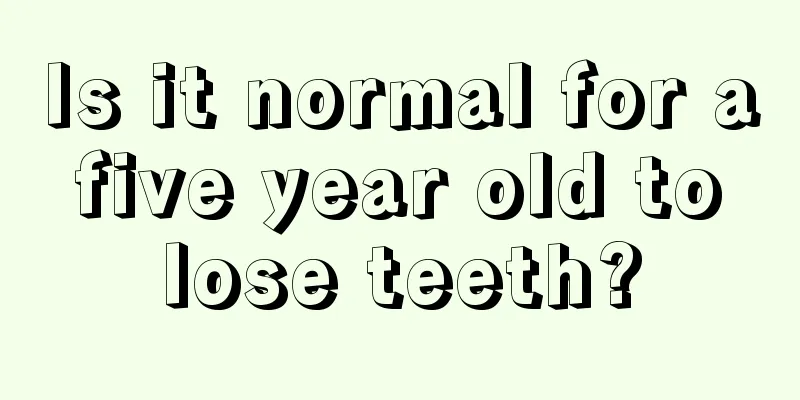
|
Every child will always encounter some problems in the process of growing up. We all know that babies will experience a tooth change at the age of six, and the deciduous teeth will be replaced by permanent teeth. However, many parents will encounter the phenomenon of their babies losing teeth at the age of five. They are often very worried and afraid that the newly grown teeth will be unhealthy. Let's find out whether it is normal for five-year-old children to lose teeth. Is it normal for a five year old to lose teeth? Some children do come to the doctor early because of their tooth replacement, but there is no need to worry about it. Children's tooth replacement usually starts at the age of 6 and ends at the age of 12. But some may be advanced or delayed by about a year, which is normal. If tooth replacement really occurs as early as two or three years old, then there is a problem. Tooth replacement is generally consistent with overall development. Children who replace their teeth early develop earlier, which is indeed related to their rich nutritional intake now. Advancing the tooth replacement period by one year itself does not bring any health impact, but because the child is young and the parents are negligent, special attention and enhanced care are needed. For example, parents should urge their children to eat less sweets and brush their teeth immediately after eating. Don’t think that you should ignore the caries in your primary teeth because you will have to replace your teeth anyway. If you don’t treat the rotten teeth before they replace your teeth, it will affect the shape and arrangement of your new teeth. Things to note when changing teeth Attention should be paid to the prevention and treatment of caries in primary molars during the tooth replacement period During the period of tooth replacement, deciduous molars are prone to caries. If caries cause apical disease, it can affect the growth and eruption of the permanent teeth. Therefore, attention should be paid to the timely treatment and prevention of caries in deciduous molars. We must not have the wrong idea that "deciduous teeth will be replaced sooner or later, so there is no need to treat them if they are damaged." Eat more chewy foods when teeth are changing When children are about six or seven years old, permanent teeth begin to erupt and replace the original deciduous teeth. Although some children's permanent teeth have erupted, the deciduous teeth often refuse to "give way", forcing the permanent teeth to grow from the inside of the deciduous teeth, forming "double-layer teeth" and causing the permanent teeth to be unevenly arranged. There are many reasons for the delayed loss of deciduous teeth. The most common one is that children eat too finely and do not fully utilize the physiological stimulation of their teeth. The main function of teeth is to chew food. Chewing food can promote the growth and development of the roots of deciduous teeth as well as their natural absorption and shedding. Therefore, as children grow older, they should eat more chewy foods to maintain good stimulation to the deciduous teeth and encourage them to fall out on time. When the child's incisors and molars have erupted, you can add some celery, corn, apples and other foods to help the child complete the tooth replacement smoothly. During the tooth replacement period, we should pay attention to correcting children's bad habits During the tooth replacement period, deciduous teeth and permanent teeth coexist. The permanent teeth have just erupted, especially the "six-year teeth" which are the "key to bite". They are large in size and have many pits and fissures on the occlusal surface, which easily retain food residues. In addition, most children do not brush their teeth thoroughly, so caries are often prone to occur. The most important thing at this time is to teach your child to brush their teeth correctly. During the tooth replacement period, when the deciduous teeth are loose and about to fall out, children often have the habit of licking the loose teeth with their tongues. This is a bad habit that will affect the normal eruption of permanent teeth and should be corrected in time. The above is an introduction to whether it is normal for a five-year-old child to lose teeth. After understanding it, we know that children usually lose their teeth at the age of six, but it is also normal to lose their teeth a year earlier or later. During the period when children lose their teeth, we must pay special attention to ensure good oral hygiene and do not give children sweets. |
<<: Can children eat eggs after having a fever?
>>: What foods can a one-year-old baby with anemia eat?
Recommend
What causes urticaria in babies?
Urticaria is a very common skin disease and also ...
What should I do if my baby has diarrhea and fever?
Some babies have diarrhea or even fever, so patie...
What should I do if my child has a fever in June?
Many children are young and just born, especially...
5 month old baby has white spots on face
If a five-month-old baby has white spots on his f...
How to treat enuresis in children
Enuresis is a common pediatric disease with a rel...
One-month-old baby crying
After one month, babies will sleep relatively les...
Treatment for baby's cough and vomiting in the middle of the night
We all know that many people have experienced cou...
What are the main symptoms of rheumatic fever in children?
Rheumatic fever is a relatively common disease in...
When is the teething period for babies?
Many families pay great attention to their baby&#...
What are the preventive measures for rickets in children?
Rickets in children is a common nutritional disea...
Is ventriculomegaly serious in premature infants?
Ventriculomegaly is a serious problem in prematur...
Symptoms of umbilical cord infection in newborns
The resistance of newborns mostly comes from the ...
What is the reason why children sweat at night?
Children always sweat when they sleep at night, w...
Summer vacation schedule for elementary school students
The arrival of summer vacation is also a headache...
What should I do if my child has a fever and convulsions?
Children often catch colds and have fevers due to...
